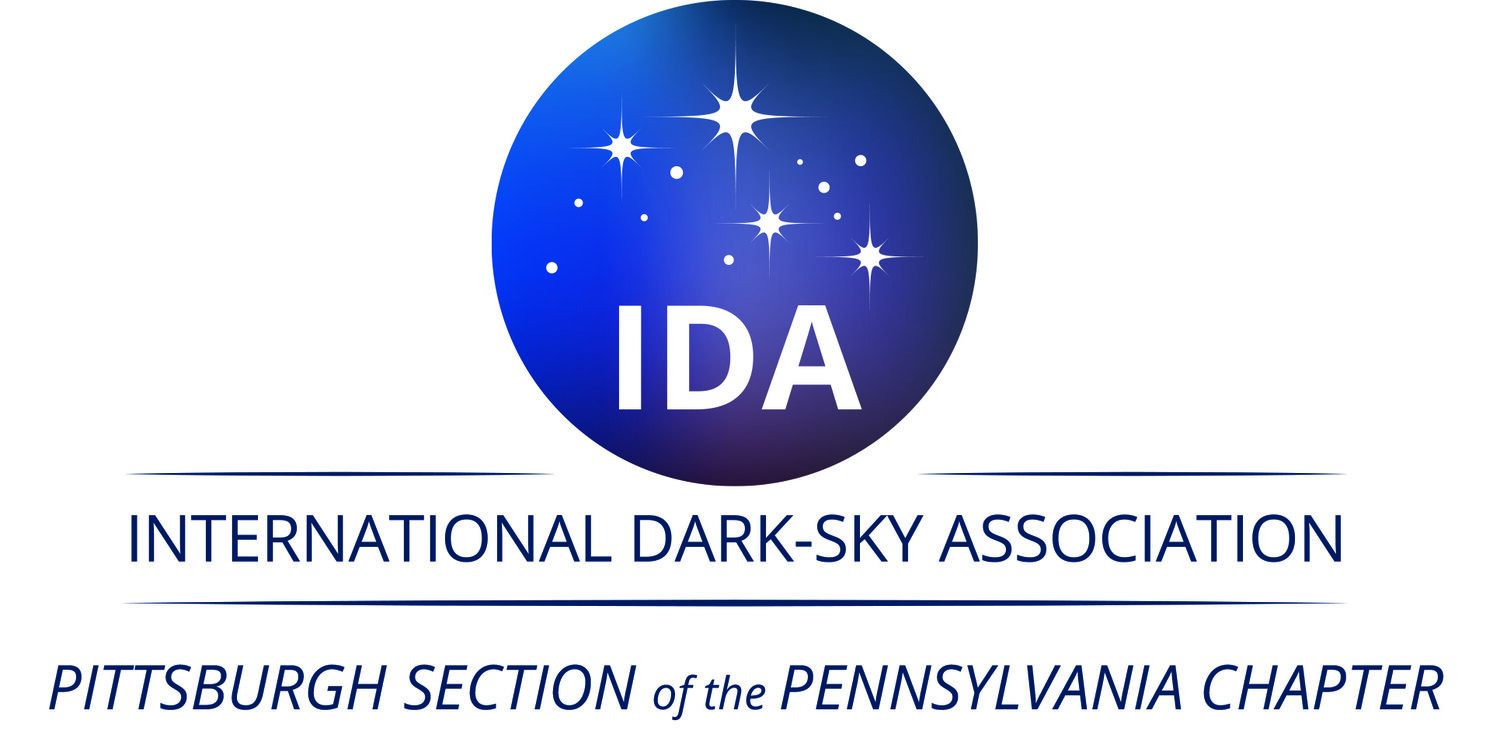A Starry Life, an Interview with Amy Jackson
by Raymond Xiao
Sitting on her porch on the side of her home in Houston, Amy Jackson waves and smiles to me through Zoom. With the sound of her barking dogs and lively house in the background, Amy chats about how she had a love for space since her childhood just like many others who grew up near the world-renowned Houston Space Center. It was during her time at the University of Houston studying physics that she, “got to develop a relationship with the night sky.” She found a telescope observatory on top of the Science and Research 1 at the University of Houston. “It was just sitting there dead, so we formed the Cosmic Society,” Amy describes to me, “We cleaned it all up and opened it back up to the public.”
That was actually one of her first experiences with using a telescope and observational astronomy she explains with wonder, “I remember camping out and seeing the Milky Way, really understanding that we’re living in it and looking through the plane of our galaxy… you can read that that is what we’re doing, but to actually experience it is fascinating.”
This experience eventually catapulted Amy into starting her own business: Starry Sky Austin. At the time, she was a high school science teacher, but she felt constrained by the traditional classroom format, which I think many of us can relate to. “I felt like all I wanted to do was take the kids out to have these [star-seeing] experiences and get inspired to do science.” In addition, Amy was also a mother who was struggling to find time to balance her full-time job and stay at home to take care of the kids.
For Amy, Starry Sky Austin served as a vehicle to allow her to pursue her own passions of astronomy and education while also finding time for her family. Starry Sky Austin began with just teaching kids how to use a telescope at night but blossomed into doing Girl Scout programs, dark sky conservation work, public programs, and more during its 20-year existence.
In this vein, Amy tells me that she also participates in the Globe at Night campaign, a citizen science initiative that seeks to map the extent of light pollution throughout the world by inviting anyone to take readings with their smartphones. She uses this opportunity to bond with her 8th grade daughter, who she lovingly dubs her “Research Assistant.” The pair can be found at night traveling around the neighborhood taking readings that will help researchers and scientists gain a better understanding of the light pollution in their area.
Prior to the COVID-19 lockdown, Amy was planning a graduate research project that explored how light pollution impacts the populations of Mexican free-tailed bats in Austin, which I found particularly interesting due to my background in biology. She begins by painting me a picture of Austin’s Congress Avenue Bridge. This bridge seems innocent for those driving over it, but its thousands of dark crevices underneath provide a home to the world’s largest bat population with up to 1.5 million bats swarming out from underneath it on summer nights. This unlikely phenomenon has given rise to both bat tourism as well as growing concerns about our human impact on this bat population.
With more urban development beginning near the bridge, Amy felt that it would be vital for the City of Austin to know what impact they were having on the bats and take the necessary precautions to minimize light pollution both on the bridge itself and in nearby communities. However, as a result of the current ongoing epidemic, the project has been tabled for the time being due to restrictions on handling live bats.
As our conversation drew to a close, Amy revealed to me that she was actually an aspiring astronaut. “I just applied in March again for the third time,” she chuckles, “I hope I’m not too old.” From starting businesses and researching bats to everything that I have left unmentioned, I found that Amy undoubtedly has a youthful and vibrant drive to accomplish things along with a sincere love for the stars. Perhaps one day when we look up at the night sky, Amy will be waving down to us from her capsule.
I have never really been into astronomy but signing up for this class and being able to speak with someone who has a lot of experience in the field has really opened my eyes.
-Raymond Xiao

